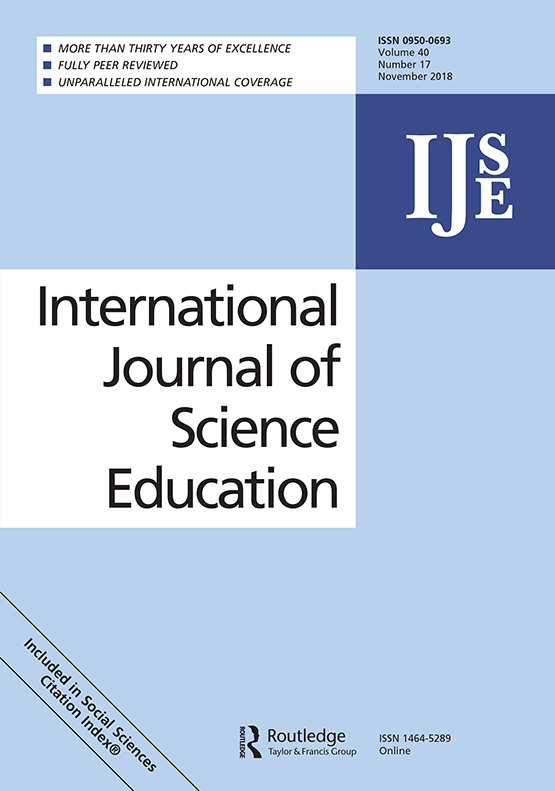tandfonline.com har udgivet en rapport under søgningen “Teacher Education Mathematics”:
ABSTRACT
ABSTRACT
In this study, Activity Theory (AT) is used to analyse general patterns for how cultural and historical factors interact with the shaping of science activities in preschools. Data was produced from field notes, video observations, video stimulated recall group discussions and individual interviews with preschool teachers at fourteen preschool units, where science activities were described as a common feature of the practice. Two factors were found to be particularly important for how and whether science learning opportunities were afforded the children: the structure of the preschool community and the type of educational culture within it. In communities characterised by weak mutual commitment and without joint understanding of the purpose of the activities, the science learning objects of the activity often became fragmented and thereby elusive. This was also true for strong communities, with a shared approach and a joint understanding of the purpose of the science activities, but with educational cultures where science learning was not actively supported. In contrast, a strong community combined with an educational culture that allowed teachers to lead and intentionally frame the science content, offered child-centred science activities with clear science learning objects.
